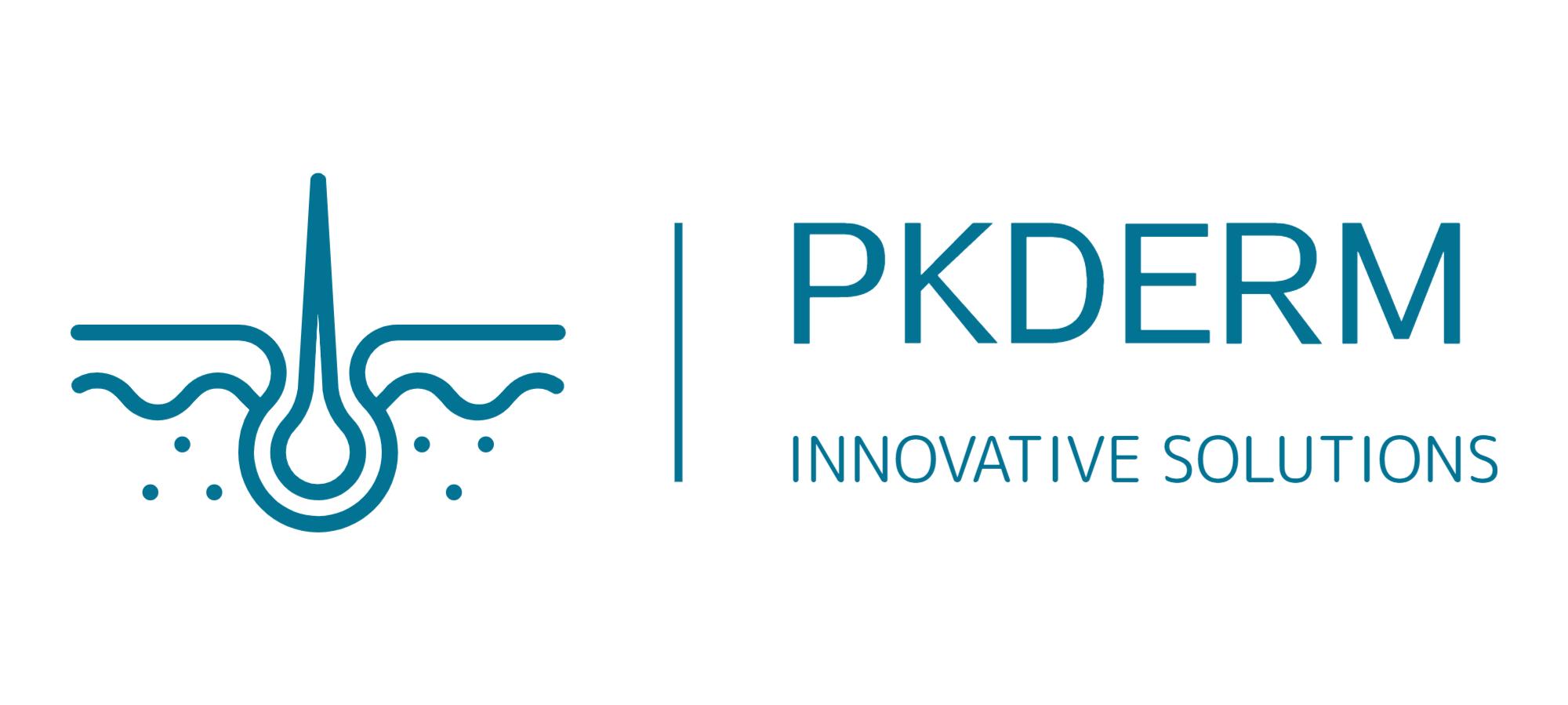OpenTox Virtual Conference 2021 Session 1
Enabling research in complex models via global scientific collaborations and practical workshops on good practices: Status quo in India
In the past few years, there has been a steep rise in the number of research labs and companies that are working on microphysiological systems and in silico tools to understand human biology and diseases in India. This has been driven by a massive interest in these emerging and human-relevant technologies amongst academia and industry (Parvatam et al. 2020). However, there are currently no training programs or workshops that are specifically geared towards the use, handling, storage, and development of microphysiological systems in India. With the development of these complex systems, it is equally important to follow international standards and guidelines for widespread adoption of these methods and increasing trust for these new technologies in India. In a mini-survey involving around 39 participants, including under-and postgraduate students, PhDs, Post-Docs, scientists, and medical professionals, a majority of the participants (47%) reported only minimal awareness regarding the Good In vitro Method Practices (GIVIMP). The majority (29%) stated only occasional access to the origin of cells and tissues used in their stem cell-based research, and most of them (49%) strongly agreed that reproducibility was a significant concern. This again raises the need for practical workshops on good practices to develop this field in India. In addition, due to the interdisciplinary nature of this work, global collaborations could be key for advancing this technology to understand global problems. Recently, a collaboration between the Centre for Predictive Human Model Systems (Atal Incubation Centre-Centre for Cellular and Molecular Biology, India), European Commission Joint Research Centre, and researchers from Italy, Columbia, and Belgium resulted in a comprehensive study that explored how various cell, tissue, and mathematics-based methods can provide key tools for understanding COVID-19. Thus, as a science and policy centre, we aim to enable global connections and good practices that could elevate India as a key player in this field.


